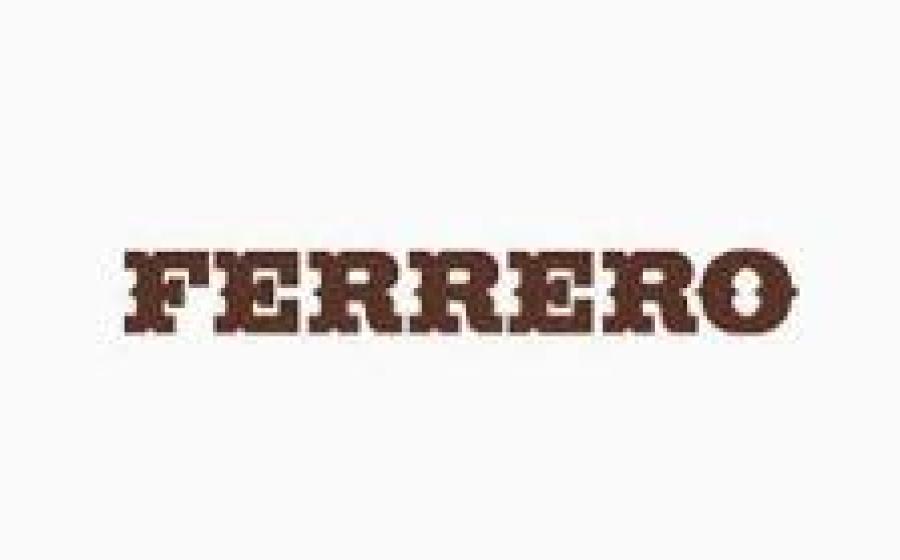
The report found that 92.1% of the company’s packaging was designed to be recyclable, exceeding its goal of making 90% of packaging recyclable. Other packaging goals Ferrero aims to achieve include increasing plastic recycled content to 12% by 2025 using a 2019-20 baseline and reducing virgin plastic use by 10% before 2025 using a 2019-20 baseline.
“In recent years, we’ve continuously invested in new packaging lines to support innovation and bring co-designed solutions with our partners to life,” said Paola Avogardo, manager of global packaging design for Ferrero. “Now, we’re focusing on the more complex, less obvious parts of our portfolio, targeting packaging that was originally tailored for performance, customer experience, or uniqueness. This segment is core to Ferrero and redesigning it poses significant challenges, demanding advanced materials and technologies to change the status quo. Our biggest challenge ahead is making the right global packaging choices to ensure our products stay iconic for the next 50 years.”
Similarly, Ferrero achieved a 13% reduction in plastic-to-product ratio and 8.1% of recycled content in rigid plastic packaging.
“The difference between the packaging we consider designed to be recyclable and the packaging recycled in practice and scale highlights the gap between the effort in designing packaging to be recyclable, reusable or compostable and the real capacity of the infrastructure to collect, sort and recycle the different type of packaging materials,” the report said. “Categories yet to meet thresholds to be recyclable in practice and scale include all business to consumer flexible packaging, rigid packaging types, polyethylene terephthalate (PET) thermoformed, and uncommon packaging materials such as PS (polystyrene) and EPS (expanded polystyrene). Lack of collection and recycling infrastructure is the main barrier to achieving recyclability in practice and at scale.”
The report also highlights Ferrero’s supply chain progress. The company reached 97% traceability for cocoa and palm oil as well as 94% traceability for hazelnut, the report said.
“Supply chain visibility is essential for creating a fair and sustainable supply chain, ensuring quality and responsible sourcing of our raw materials,” the report said. “Without supply chain visibility you cannot perform risk assessments, you cannot prioritize and identify the area of intervention and you cannot comply with upcoming regulations such as EUDR. We deeply believe that ‘sacco conosciuto’ is an essential approach in order to achieve sustainability, quality and more efficient and constantly improved sourcing models.”
Another example of Ferrero’s sustainability progress from the 2023-24 fiscal year is the company’s involvement in the Guatemala Social Performance multistakeholder producer, which it has been involved in since 2023. Led by the Earthworm Foundation and GREPALMA, the Guatemala Social Performance project aims to improve the grievances mechanisms and human rights policies for Guatemalan palm oil suppliers. In the 2023-24 fiscal year, four suppliers participated in assessments for the project and developed action plans to address identified gaps, Ferrero said.
“In 2024-25, Earthworm Foundation will monitor the implementation of these action plans and assess the impact on the communities within the influence of the four participating suppliers in terms of access to present claims,” the report said. “This initiative, involving 11 mills, represents over 40% of Guatemala’s palm oil production and is expected to benefit around 38,000 workers with improved community access to claim mechanisms.”
In terms of food safety, the report said Ferrero received more than 45 audits by third-party certification bodies in the 2023-24 fiscal year.
“At Ferrero, Food Safety & Quality (FSQ) is non-negotiable and it drives everything we do, to fulfil our mission to ‘deliver safe products and superior experiences, every day, everywhere, to our consumers for whom we care,’” said Monique Pellerino, chief food safety and quality of Ferrero. “This is supported by a strong FSQ culture, which is deployed throughout the organization to communicate our key values and reinforce our passion for excellence. Leadership engagement, consistent communication and cross-functional collaboration are critical factors in engaging all employees and encouraging them to get involved in continuous performance improvement, instilling pride in Ferrero FSQ practices.”
The report also detailed the progress of Ferrero’s Global Sodium Reduction Commitment, which it signed in December 2021. The commitment sets voluntarily minimum goals for International Food & Beverage Alliance (IFBA) companies to meet by 2025 and 2030.
“In 2025, we will exceed the 90% target as our compliance level will be at 100%,” the report said. “By 2030, we expect our compliance level to be at 96% to 100% due to new acquisitions. This still exceeds the 2030 target of 75%.”




